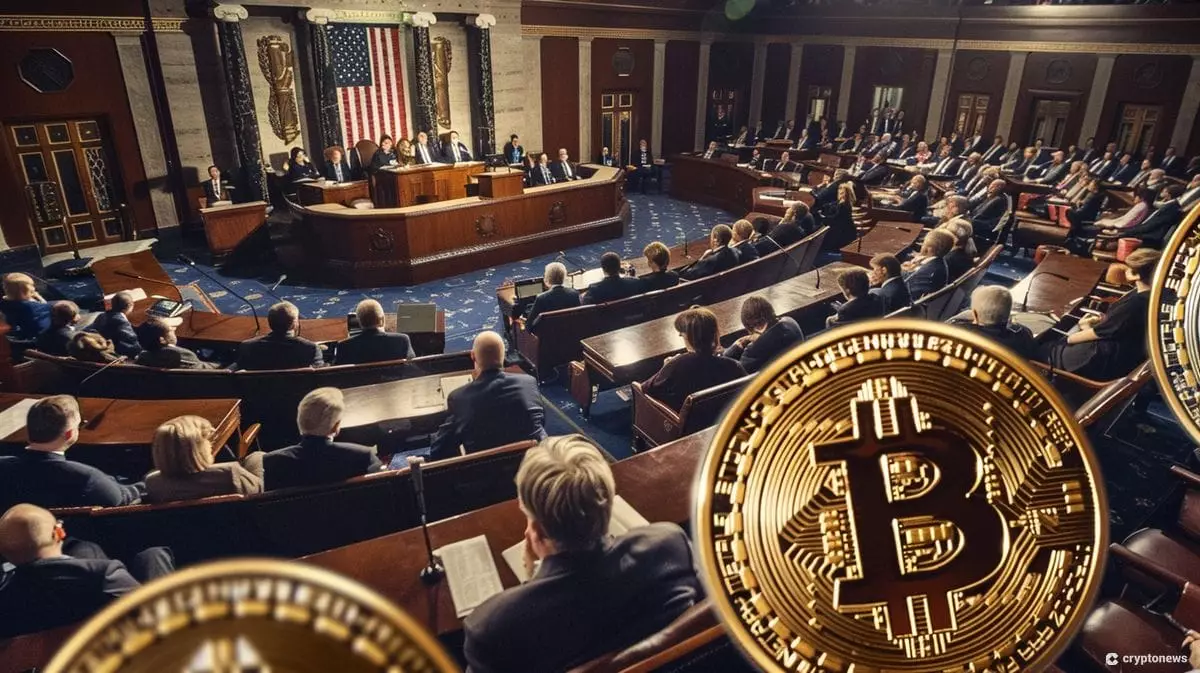Senator Tim Scott recently stated that cryptocurrencies are being used as a scapegoat by the federal government to address concerns about illicit finance. During a crypto hearing held by the United States Senate Committee on Banking, Housing, and Urban Affairs, Scott expressed his views on how digital assets are being unfairly targeted.
Deputy Secretary of the Department of the Treasury, Adewale O. Adeyemo, highlighted the challenges that the government faces in combating unlawful cryptocurrency use. He emphasized the need for additional tools to address the rising use of digital assets for illicit activities, including the ability to reach extraterritorially when U.S. interests are at stake.
Senator Scott questioned Adeyemo about the broader landscape of illicit finance, suggesting that the focus on cryptocurrencies as the primary issue was misguided. He argued that discussions revolving solely around digital assets were overlooking the larger problem of illicit financing, thus turning cryptocurrencies into a scapegoat for the administration.
Industry Response
The Chamber of Digital Commerce referred to Senator Scott’s remarks as crucial, noting that they could have a significant impact on future digital regulations. The crypto industry has been under scrutiny from policymakers, with conflicting viewpoints on how to effectively regulate cryptocurrencies to prevent illicit activities.
Senator Elizabeth Warren’s Stance
Senator Elizabeth Warren has been particularly vocal about addressing money laundering concerns related to cryptocurrencies. She has drafted legislation such as the Digital Asset Anti-Money Laundering Act (DAAMLA) in an effort to strengthen anti-money laundering laws and prevent illicit activities facilitated by digital assets.
Legislative Challenges
The debate over how to regulate cryptocurrencies has intensified in recent months, especially following the Hamas attack on Israel where conflicting data on crypto transactions emerged. Senators like Warren are pushing for more stringent regulations, while industry players argue that proposed measures could stifle innovation and potential growth in the digital asset space.
Future Outlook
As the U.S. presidential election approaches, the question remains whether the government can effectively advance any legislation on cryptocurrencies and illicit finance. The debate over the role of digital assets in facilitating illegal activities continues to evolve, with differing opinions on the best approach to address these complex issues.
The discussion surrounding cryptocurrencies as a scapegoat for illicit finance highlights the ongoing challenges faced by regulators, policymakers, and industry stakeholders. Finding a balance between fostering innovation in the digital asset space and preventing criminal activities remains a key priority for all parties involved. Ultimately, the future regulation of cryptocurrencies will require a collaborative effort to address the multifaceted issues at hand.

